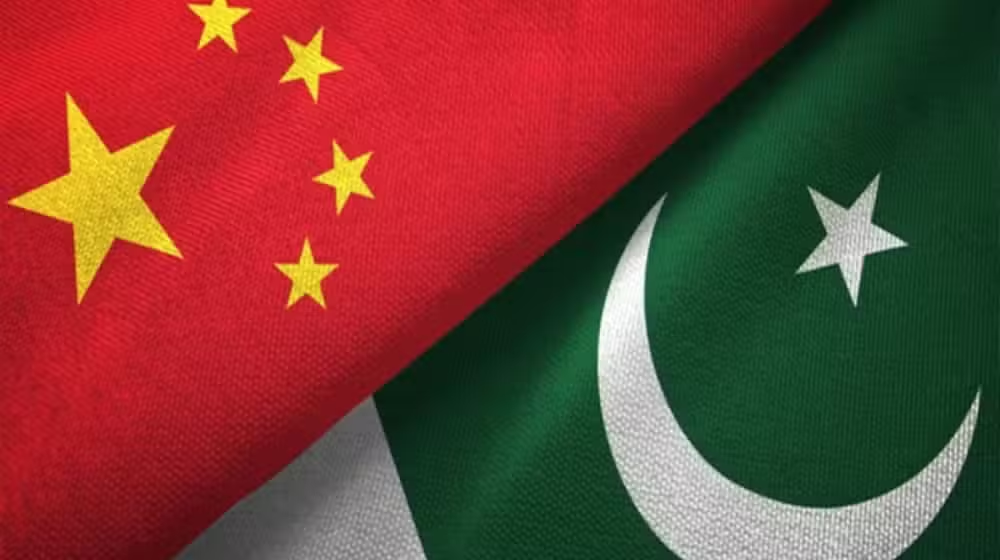In a pivotal move to stabilize Pakistan’s macroeconomic landscape, Finance Minister Muhammad Aurangzeb has formally requested the People’s Republic of China to roll over its maturing loans and expand the bilateral currency swap arrangement.
The initiative, aimed at bolstering Pakistan’s dwindling foreign exchange reserves, was presented during a high-level bilateral meeting with Chinese Finance Minister Lan Fo’an on the sidelines of the IMF and World Bank Spring Meetings in Washington, D.C.
According to official sources, Aurangzeb’s comprehensive agenda included key requests for the rescheduling of loans from the Export-Import Bank of China (Exim Bank) through September 2027, and an increase in the currency swap limit currently capped at CNY 30 billion (approximately $4.3 billion).
Pakistan Seeks Urgent Roll Over of Chinese Debt
Pakistan’s economic team is navigating a fragile fiscal situation. A considerable portion of its external financing obligations stems from bilateral and multilateral debts.
The request targets the rollover of maturing Chinese loans, particularly from the Exim Bank. The rescheduling of this debt is expected to mitigate immediate repayment pressure, allowing the government to rechannel funds toward developmental expenditures and economic reforms under the IMF’s Extended Fund Facility (EFF).
At the heart of Pakistan’s liquidity strategy lies the Pakistan-China currency swap agreement, originally valued at CNY 30 billion ($4.3 billion).
Aurangzeb has called for a significant increase in this limit, which would instantly inject greater flexibility into Pakistan’s external account management and strengthen its balance of payments position.
If China agrees to this expansion, the State Bank of Pakistan (SBP) will be able to access additional Chinese yuan, facilitating smoother trade transactions and diversifying Pakistan’s foreign exchange sources. The extended swap line could serve as a non-debt-creating inflow, crucial at a time when Pakistan seeks to avoid additional external borrowing.
China’s Assurance to the IMF on Rollover of $4 Billion Cash Deposits
In a parallel development, China has already assured the International Monetary Fund (IMF) of its intention to roll over $4 billion in cash deposits held with the SBP.
In addition to bilateral debt restructuring, Pakistan has urged China to facilitate the delayed issuance of Panda Bonds — yuan-denominated bonds listed in Chinese markets. These bonds represent a crucial alternative financing source for Pakistan, allowing it to tap into China’s vast investor base and reduce its dependence on Western capital markets.
By fast-tracking the Panda Bonds process, Pakistan hopes to signal confidence to global investors, attract fresh capital, and diversify its sovereign debt portfolio in alignment with its evolving risk management strategies.
During the bilateral discussions, Finance Minister Aurangzeb also briefed Chinese authorities on Pakistan’s ongoing economic reforms under the IMF’s EFF program.
- Taxation reforms to increase revenue collection and broaden the tax base
- Energy sector reforms aimed at reducing circular debt and increasing efficiency
- Privatization of loss-making state-owned enterprises (SOEs)
- Public sector restructuring to ensure better governance and transparency


